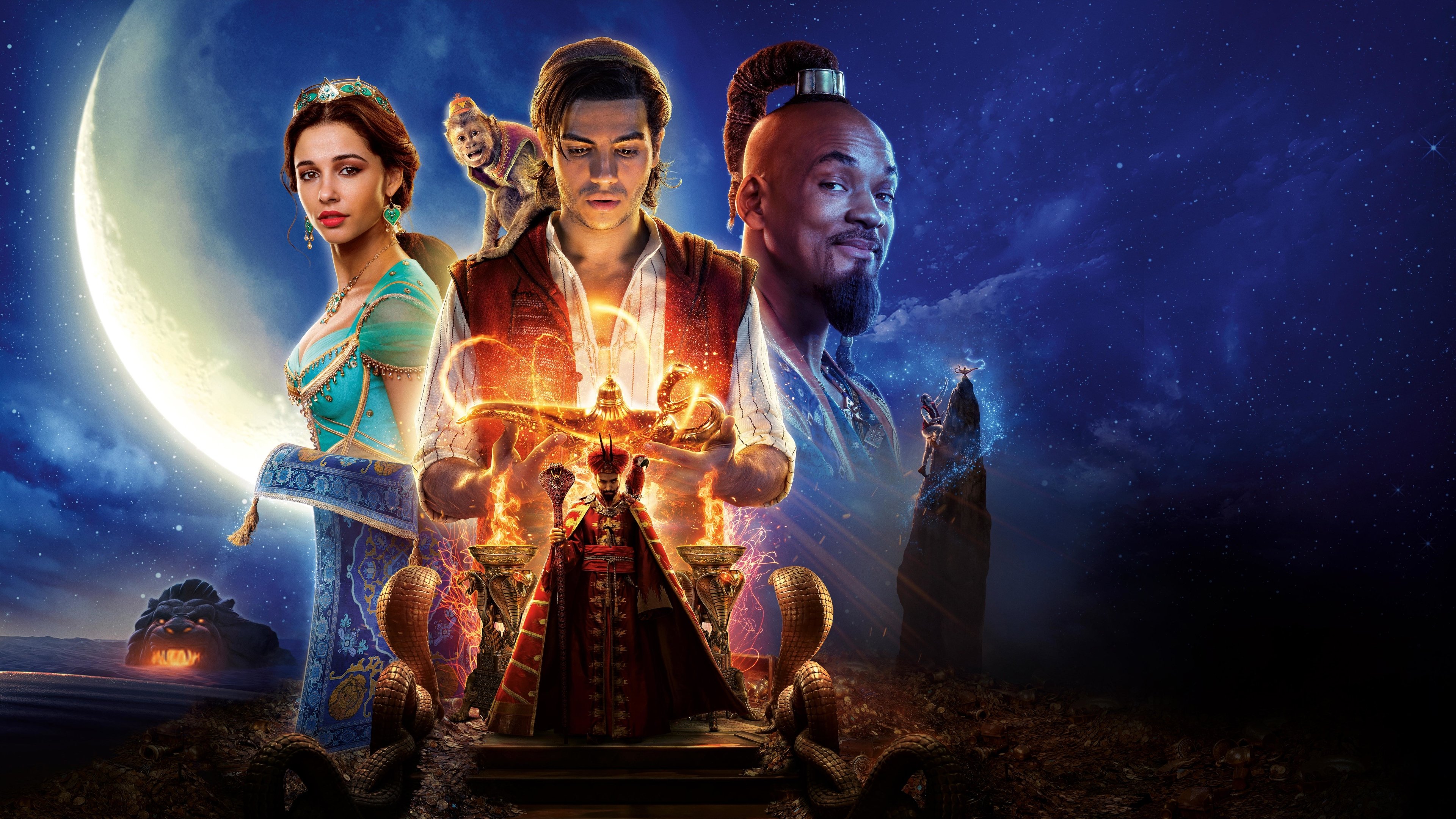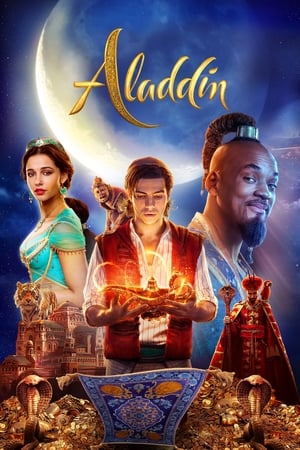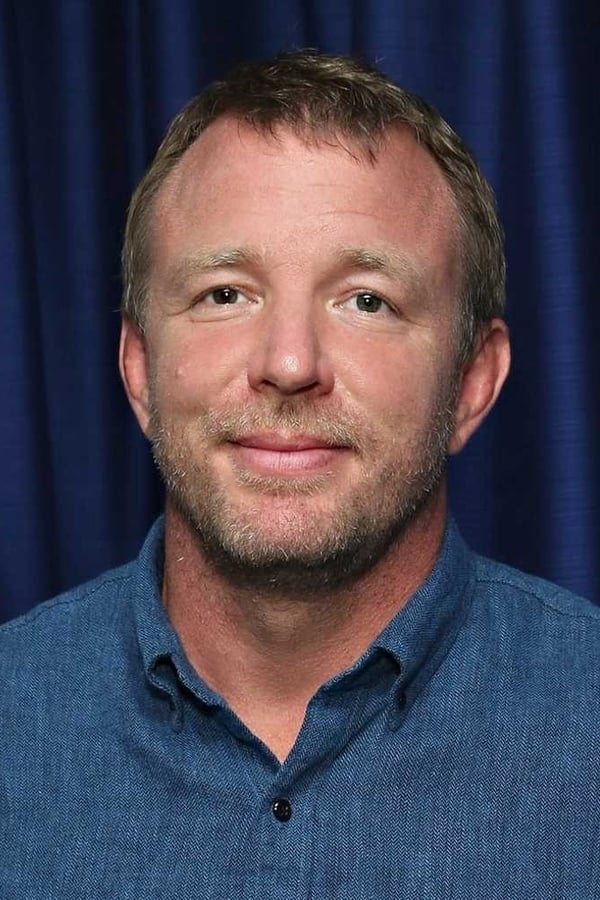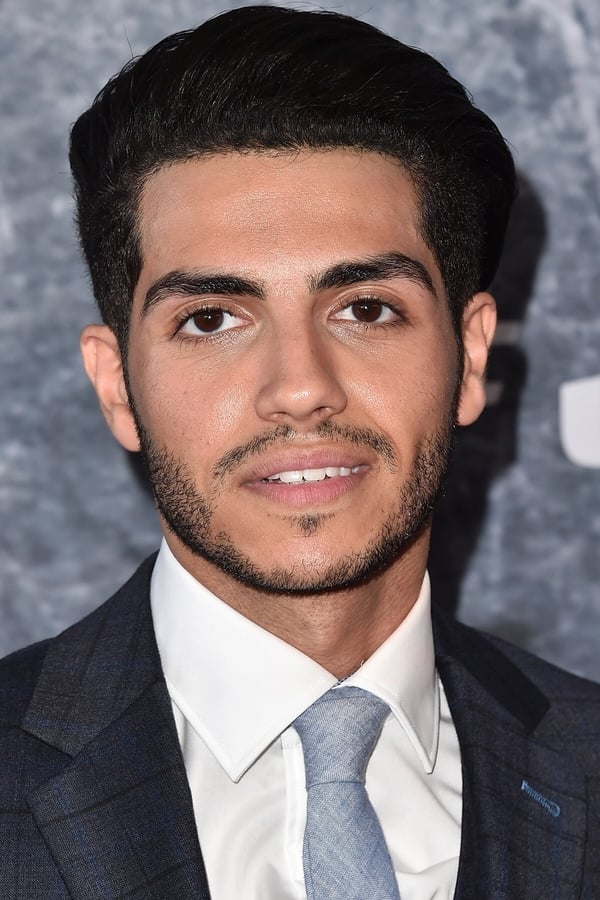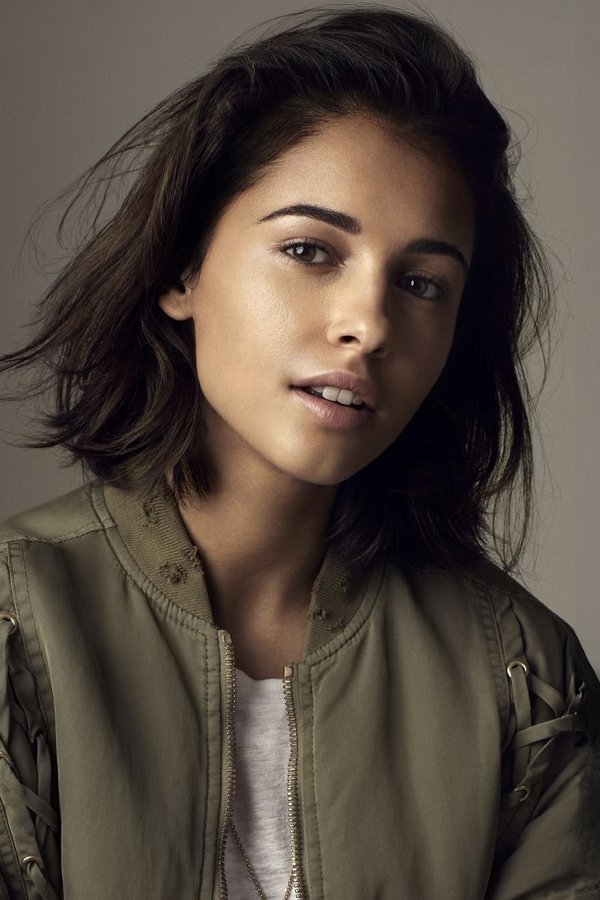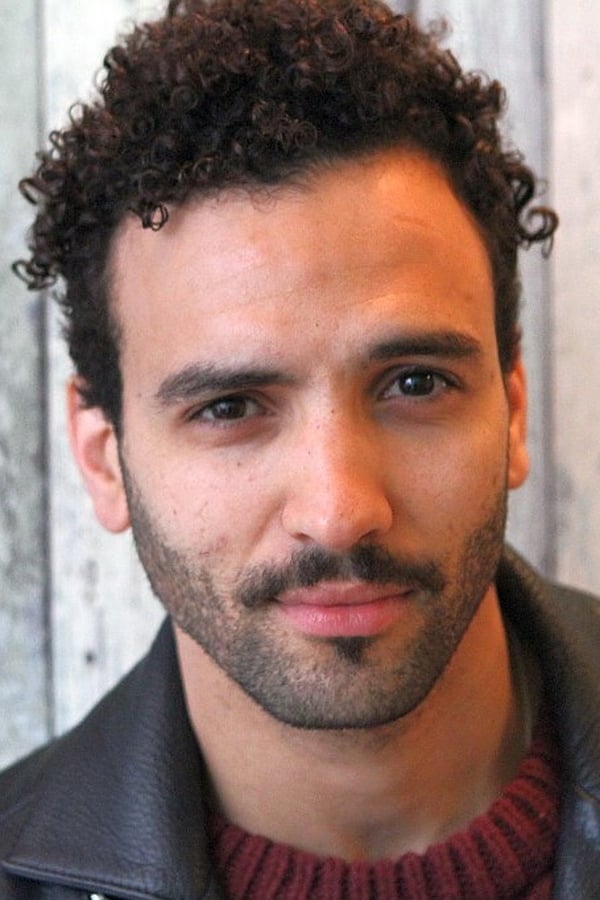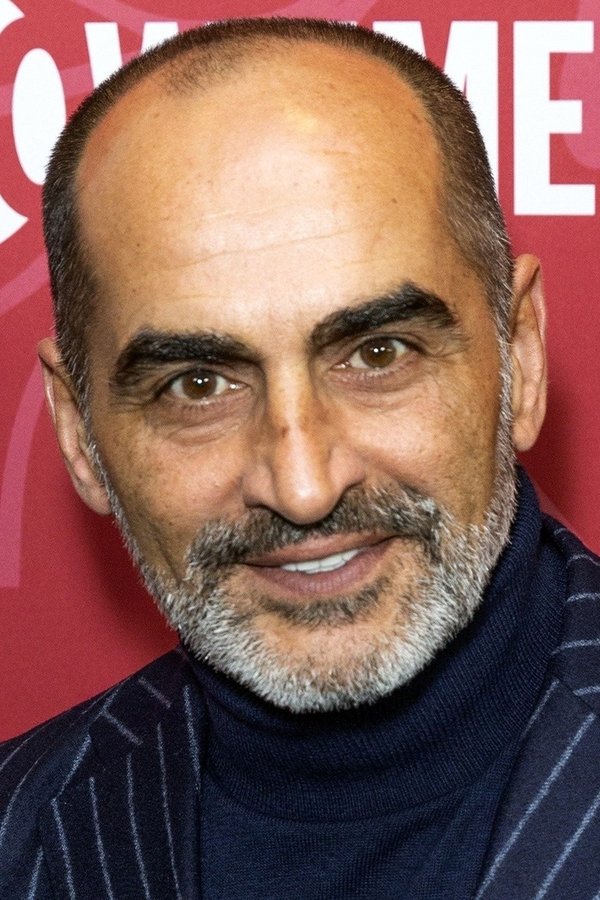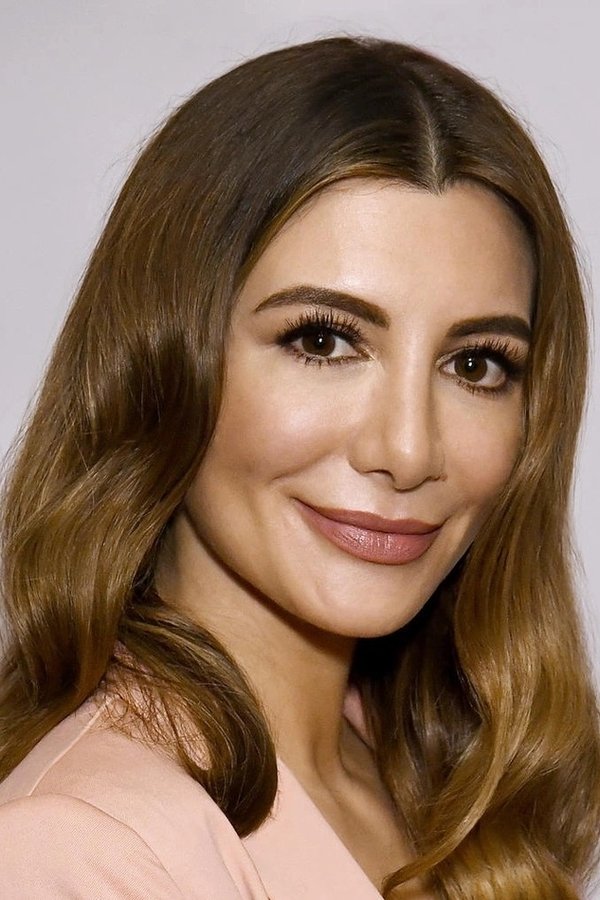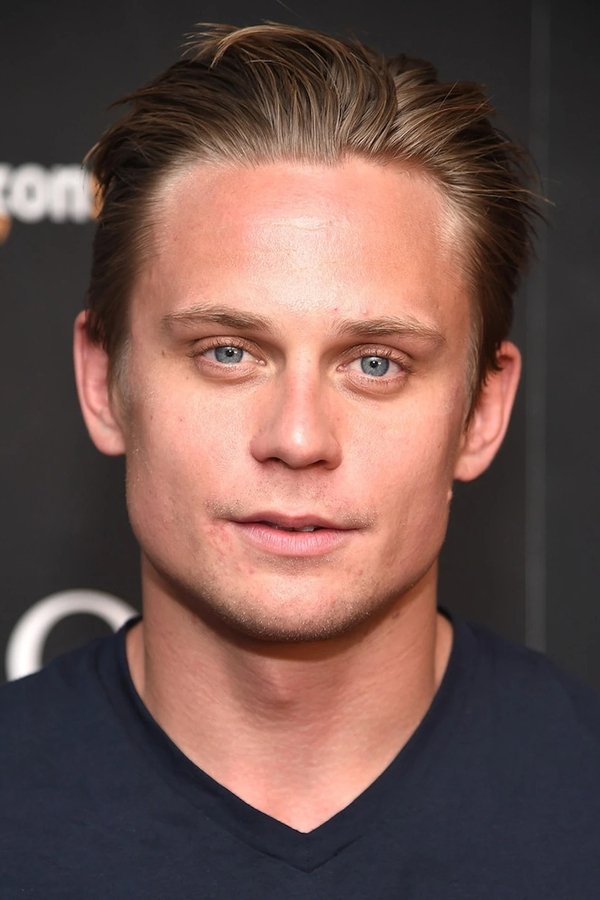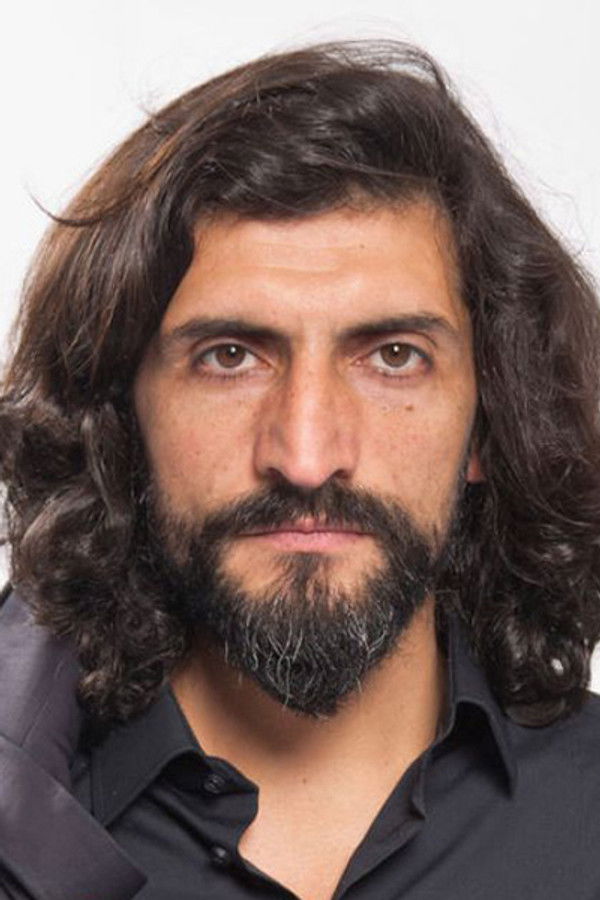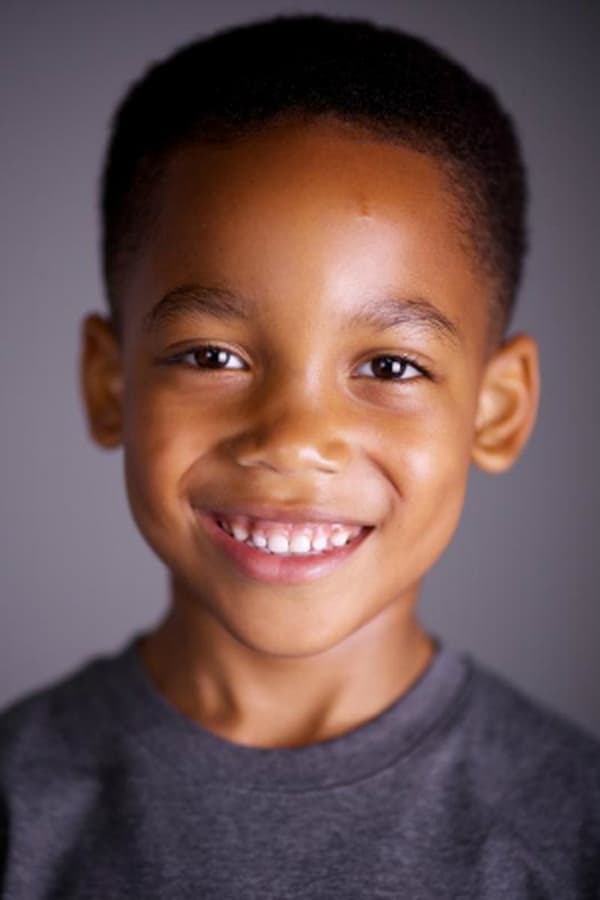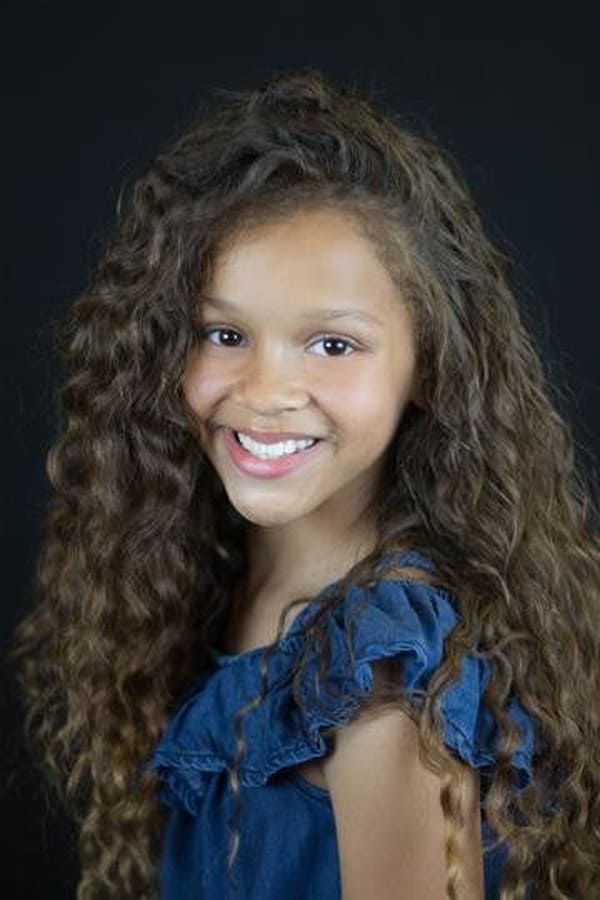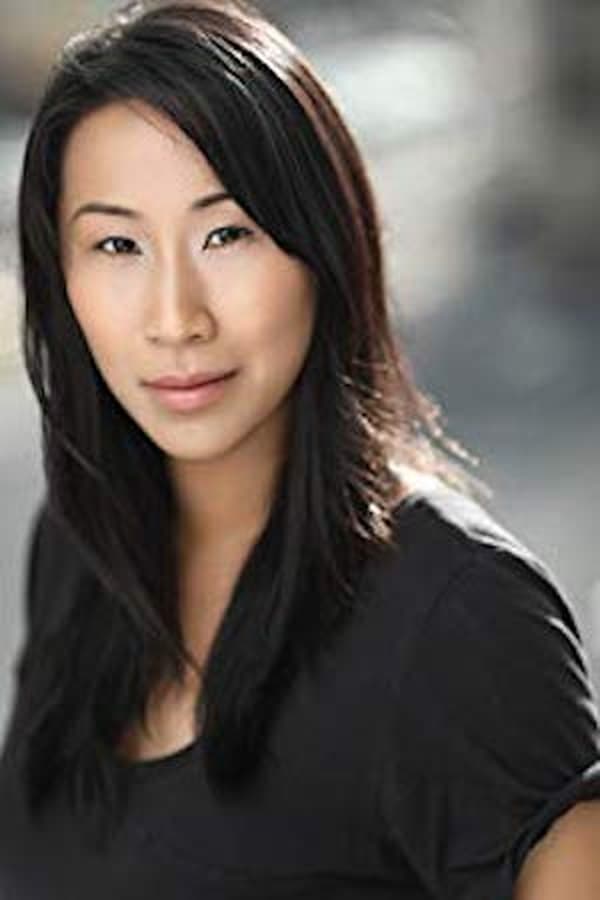Wish Dragon is a 2021 animated Netflix film that focuses on Chinese teenager Din (Jimmy Wong) who wants to reconnect with his childhood best friend Li Na (Natasha Liu Bordizzo) with the help of Long (John Cho), a magical talking dragon. This movie brings a strong representation of Chinese people, as the film takes place in Shanghai. There are a lot of references to Chinese culture in this film, making the movie popular among audiences.
For one, all of the cast members are people of Chinese descent, making this a beautifully diverse cast. Viewers see that the plot resembles Disney's Aladdin a bit, as the plot centers around a working-class boy who finds a green teapot with a magical talking creature. The dragon serves ten masters three wishes per master. Other references to Aladdin include a trio of goons who try to steal the teapot, classism, and one's desire to become rich.
The wish dragon himself has similar personality traits to The Genie from Aladdin. Like the Genie, Long can transform into different versions of himself, bringing comic relief to audiences while embracing Chinese culture. In one scene where Din disguises himself as one of the guests at Li Na's nineteenth birthday party, Long transforms into a human server. When Din has second thoughts about wanting to impress Li Na, who is now a rich woman, his conflict with Long is similar to the conflict between Aladdin and the Genie. Aladdin desires to be a rich prince to impress Jasmine despite Genie's objections.
In addition, viewers learn the moral, "be careful what you wish for" in many scenes of the film. Pockets (Aaron Yoo), the main antagonist, tries to get the magical teapot from Din, similar to how Jafar tries to obtain the Genie's lamp. He makes a wish to turn everything he touches into gold, also known as the Midas Touch. This wish backfires as Pockets' greed gets the better of him when he himself turns into a gold statue.
The elderly man Din encounters in Wish Dragon is actually the guardian of the gate to the Spirit world, which resembles Heaven and the afterlife. The Spirit world is where the souls of the dead go if they have learned the meaning of life, a universal philosophy.

